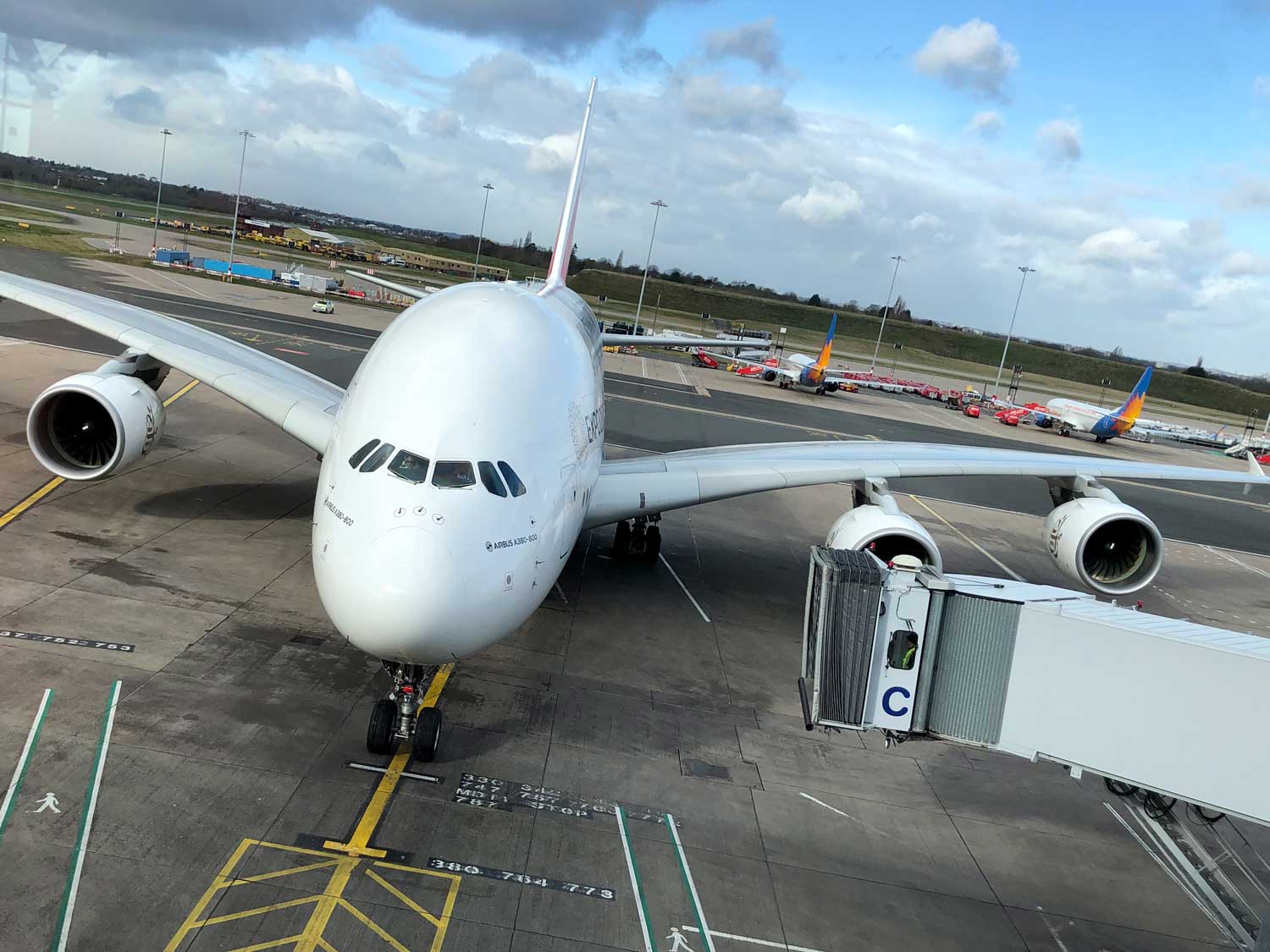The UK, which ranked 7th in 2021, leapt up to become the world’s 4th largest exporter in 2022, according to new data published by the UN Conference on Trade and Development (UNCTAD). But it may not be all good news and there’s plenty to consider within the data.
The UK’s rise to become the world’s fourth largest exporter, behind China, the US and Germany in 2022 has given politicians an excuse to showcase the UK’s ‘economic resilience’, but the top-line export figures report the total value, which includes intermediate costs for parts and labour and much of this will have been imported.
So, the UK’s export ranking may not accurately reflect its economic strengths and manufacturing capability and the £0.8 trillion headline may hide a large portion of imported value.
The UK’s output produced domestically as a percentage of GDP (after adding all output and subtracting intermediate inputs) has been on a steady decline since the 1990s, while the value of imported intermediate inputs increased in 2022 by 4.8% and 11.9% from EU and non-EU countries respectively, confirming an increasing reliance on imported goods.
By contract, UK services export volumes have risen nine times faster than goods since 2010, suggesting a shift away from manufacturing, which some economists said was accelerated by Brexit.
Office for National Statistics showed a 63% real terms growth in the export of services in the 14 years to the end of 2023, compared with just a 7% rise for goods.
The 2022 data does show an impressive rise in UK exports, but it also shows an even faster increase in imports, which produced the highest trade deficit since 1989.
And even though a trade deficit is not necessarily indicative of an unhealthy economy, a prolonged deficit, especially where imports are replacing domestically produced goods, may highlight low productivity, a lack of international competitiveness, or both.
While the UK’s reliance on EU trade has diminished somewhat, the EU remains by far our largest and most important trading partner and despite the 2021 trade deal, leaving the single market introduced new trade frictions.
To counterbalance these frictions, striking more bilateral trade deals could increase UK exports to faster-growing overseas markets, but this depends on UK manufacturers breaking into these new markets, overcoming trade obstacles and establishing effective supply chains.
For over 40 years Metro has helped customers enter new export markets, supporting their regulatory compliance, finance requirements and multi-modal transport, alongside guidance on insurance and packing to protect their products.
If you have any questions, rate requests or would like further information on our global export capability, please EMAIL our Chief Commercial Officer, Andy Smith.





